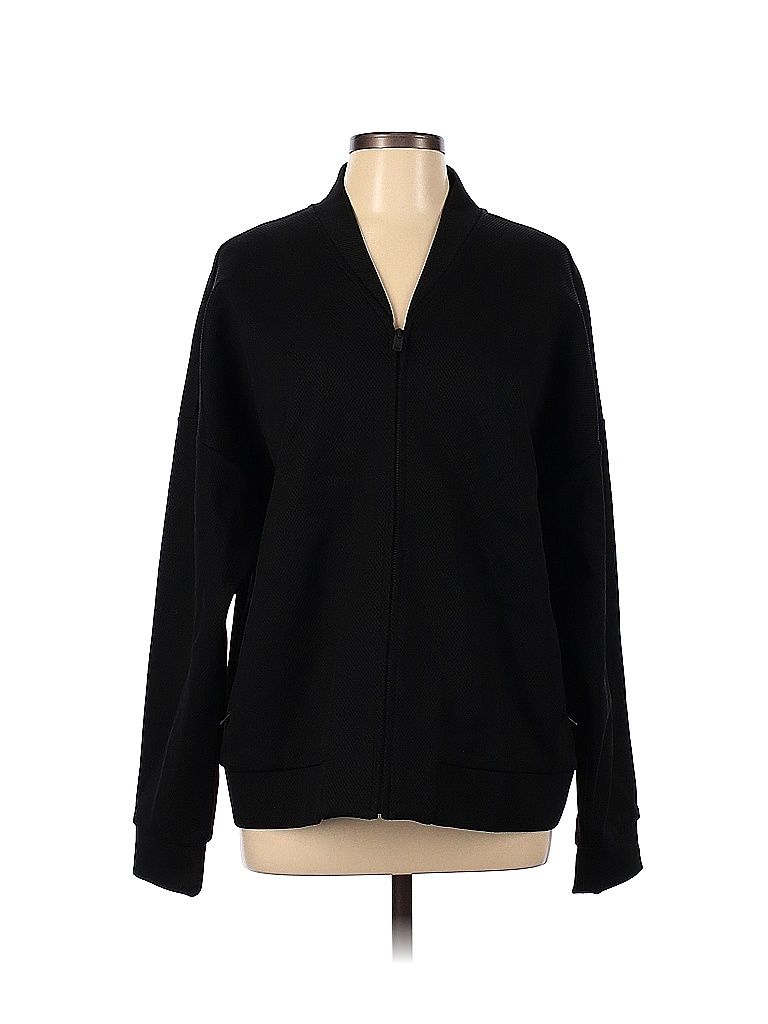On the webpage of H&M-owned COS, one could be forgiven for supposing they’ve stumbled onto a modest, eco-friendly brand.
COS markets itself as a modern brand by having a simple, timeless style and dedicating a third of its website to its “sustainable goal.” Since opening its first store in London in 2007, it has expanded to nearly 200 locations across the globe.
What then lies beneath the surface? Does COS treat humans, the environment, and animals as nicely as it appears? How moral is the COS? Let’s find out.
Welfare Of Animals
When beginning to address concerns about sustainability and ethics, many major brands leave animal welfare out of the equation. COS, however, is making an effort in this regard.

It has a formal animal welfare policy based on the Five Freedoms, uses down that is certified by the Responsible Down Standard, and gets its wool from sheep that have not been mulesed.
It doesn’t use fur, angora, or skin from exotic animals, and it only traces animal products back to the beginning of their production. In some of its designs, leather and exotic animal hair are still featured.
Policies Regarding Labor
Positively, as a subsidiary of H&M, COS is one of the more transparent large brands. Transparency is a key first step towards a more sustainable and ethical fashion industry for everyone.
It received a score of 71 to 80 percent on the and publishes detailed supply chain information.
But almost none of its supply chains are checked for compliance with labor standards, which protect worker health and safety, fair wages, and other worker rights.
It claims to have the initiative to increase earnings, although there is no evidence of progress as of yet.
Arguments Regarding Their Padded Vest
Their padded vest is a 100 percent plastic product, according to COS, and is manufactured sustainably thanks to the use of recycled polyester obtained from plastic water bottles.

However, this is a fallacious solution, and the claim is inflated. This material is used for both the cushioning and the lining. If a product was really made with sustainability in mind, it would be recyclable at the end of its life. However, this product cannot be recycled.
Impact On The Environment
In the midst of a climate crisis, brands that wish to remain relevant must pay close attention to their environmental impact.
In recent years, COS has increased its usage of eco-friendly materials in recognition of this fact. Its Sustainability page details its efforts to “become a climate-positive business with 100 percent sustainably produced or repurposed products.”

This is all well and good, but the difficulty lies in establishing and preferably achieving specific goals for the world.
It has, for instance, set a science-based goal to reduce greenhouse gas emissions created by its operations and supply chain, but there is no evidence that it is on course to achieve this goal.
What is the largest obstacle? With characteristics of fast fashion such as on-trend styles and consistent new arrivals, COS continues to promote mass consumption.
Is It A Brand Of Fast Fashion?
Yes, COS is a fast fashion brand, and the following are the most important reasons why.
- Despite professing to sell products that “last beyond the season,” COS sells over 1,000 apparel types at any given moment on their website (when I checked: 623 styles in womenswear, 425 styles in menswear).
- Even though they claim they ethically craft pieces,’ there are just too many styles of apparel available.
- COS’s supply chains are shared with the rest of the H&M Group, thus I do not understand how they can claim to produce “sustainably created products.
- Almost none of [COS’s] supply chain is approved by labor standards that guarantee worker health and safety, living wages, and other labor rights.”
- According to Fashion Revolution’s Fashion Transparency Index, H&M Group’s transparency rating has gradually decreased to 66/100 in 2022.
- In 2022, it was discovered that H&M Group has various ties to JBS, a Brazilian company responsible for much of the Amazon rainforest’s destruction through cattle breeding and leather production.
- In the same year, the Changing Markets Foundation discovered that 96% of H&M’s environmental claims were false.
- In 2021, H&M Group, which includes COS, reported a 43% gender pay gap in the United Kingdom, which translates to women earning 57p for every £1 earned by males when comparing median hourly pay.
- In 2020, H&M Group declared their intention to “achieve net zero by 2040,” ten years after the coming climate crisis predicted by the UN.
- Using covid-19 as a pretext, H&M Group stopped paying its contractual garment producers in the same year. They vowed to pay its clothing factories in response to external pressure, but the event should never have occurred in the first place.
- In 2019, H&M Group was found suspending New Zealand employees who advocated for a decent wage. In contrast, H&M Group’s Global Head of Sustainability pledged in 2013 to pay garment employees a livable wage by 2018, yet the company still does not do so.
- In 2017, it was discovered that clothing sold in H&M stores (and its sibling brands such as COS) was produced by 14-year-old children in Myanmar for as little as 13p per hour.
- By launching ‘World Recycling Week’ during the same week as Fashion Revolution Week and the Rana Plaza Disaster in 2016, H&M Group allegedly attempted to overshadow Fashion Revolution Week and the Rana Plaza Disaster.
- In 2011, it was claimed that approximately 300 workers at a Cambodian plant supplying H&M Group fainted within one week.
- In the same year, H&M Group, along with other big European and American retailers, rejected ideas for a legally binding, comprehensive safety initiative that would have “required the formation of independent inspections of garment factories” in Bangladesh.
Conclusion
Therefore, how moral is COS? Based on research, we have assessed COS as “It’s A Start”.
Even while considerable progress is being made for humans, the earth, and animals, COS still has a ways to go before achieving a higher ranking.
It should make it a priority to set and achieve realistic goals to reduce its impact on the climate, make sure everyone in its supply chain gets paid a fair wage, and recycle all animal products or replace them with more ethical alternatives.

